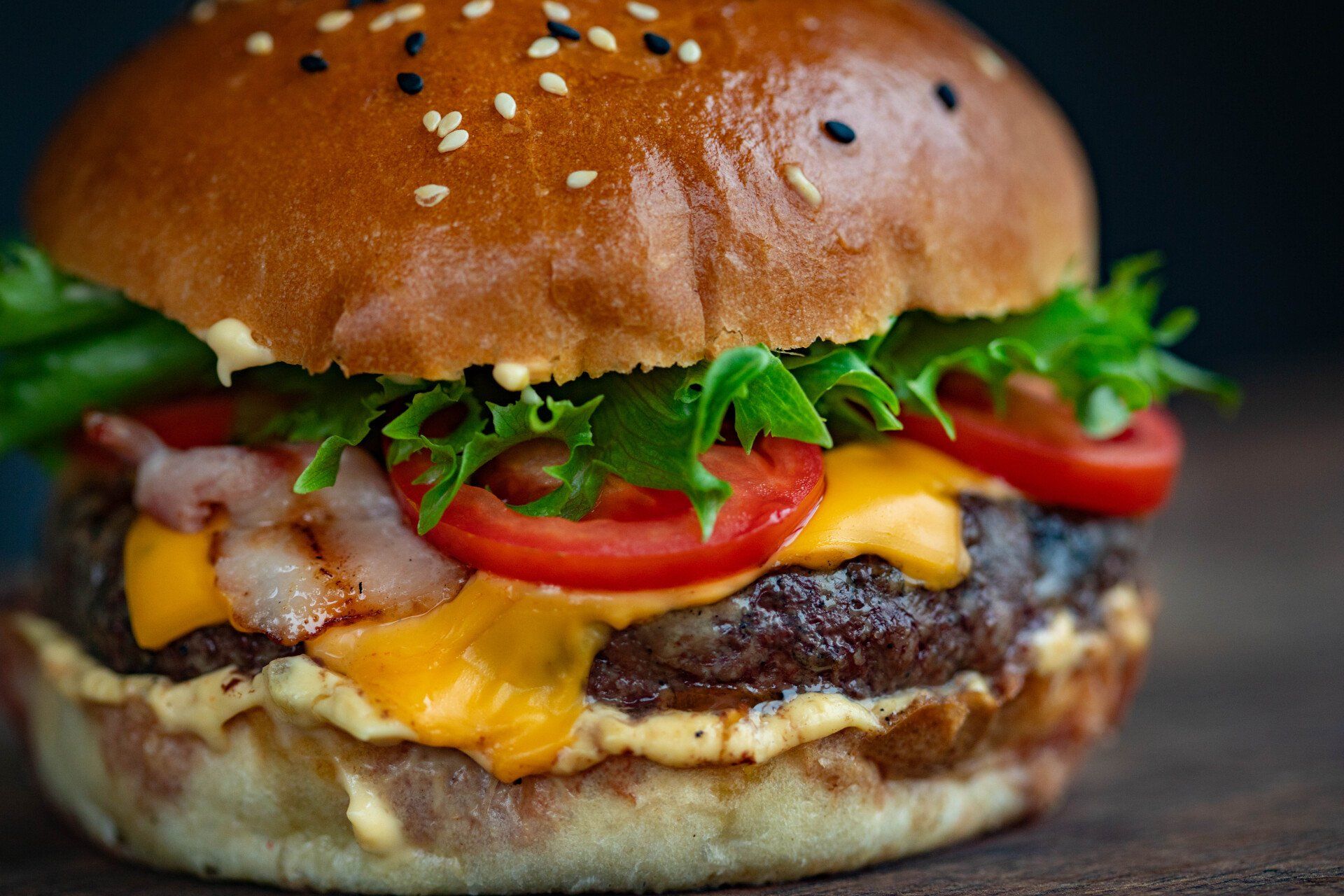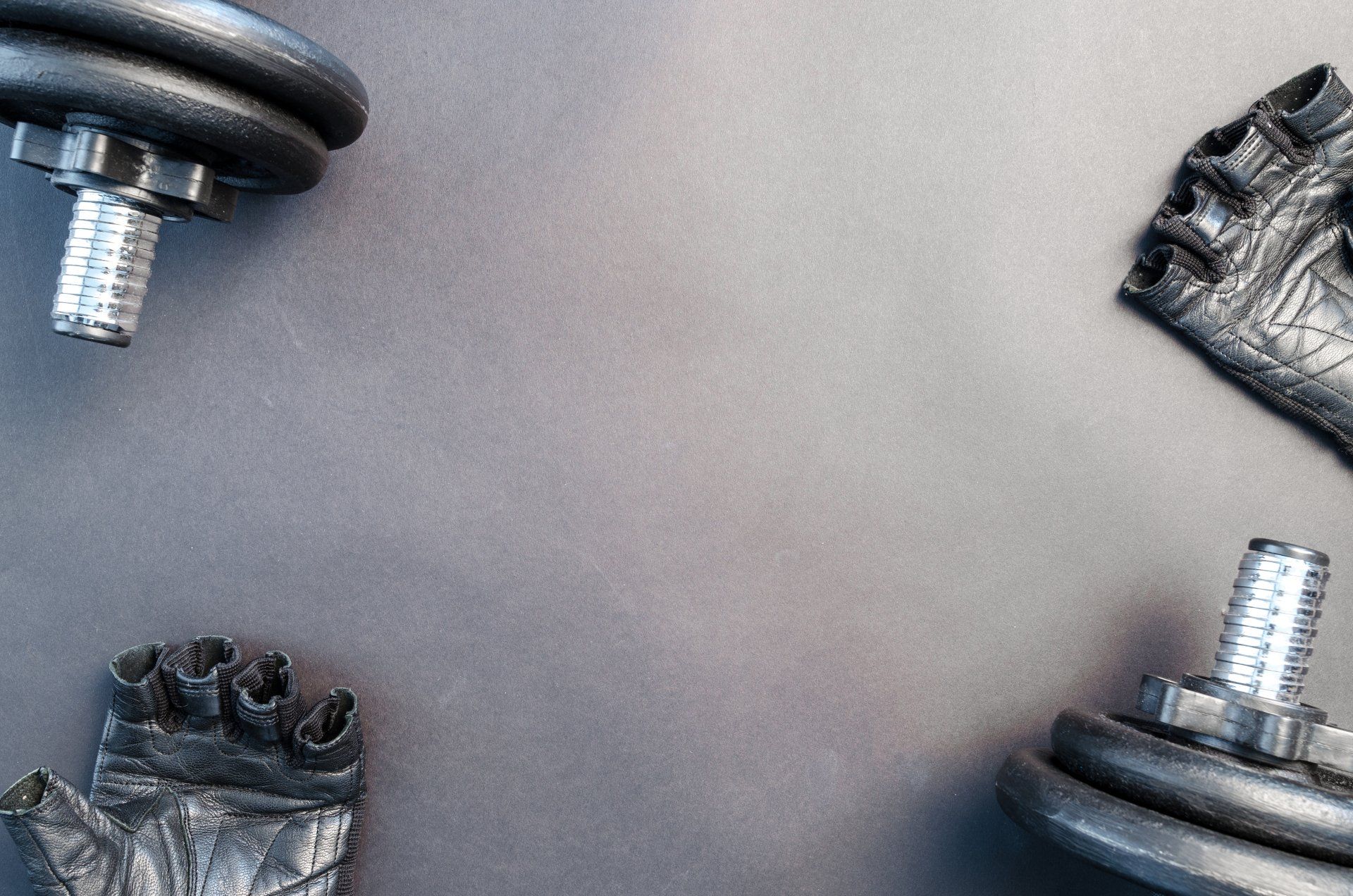Should You Avoid Food At Night?
Is night-time food consumption really bad for you, or is it all just a myth? Read on find out!

For years, we've been aware that late-night snacking can negatively affect our health and weight management.
But is there any truth to the idea that eating food late at night is particularly bad for us?
In this article, we take a closer look at whether or not you should really avoid food at night.
We'll explore the potential risks of eating too close to bedtime as well as some strategies for making smart dietary choices after dark.
Hopefully this article will help you arrive at an informed conclusion about the benefits of avoiding certain foods at night – or not.
So if you're curious about whether you should be giving into your cravings after hours or skipping out on snacks in the evening altogether, read on and find out!
Food & Recovery
Food is (obviously) essential for recovery because it provides the body with the necessary nutrients and energy to repair and rebuild damaged tissues.
An adequate intake of protein, carbohydrates, and healthy fats is crucial for a variety of processes, as well as for maintaining overall health.
But protein, carbs, and fats are not really the only important thing in a good nutrition plan, although these are the most common macronutrients that are often monitored the most by fitness enthusiast.
Certain vitamins and minerals, such as vitamin C, zinc, and iron, also play essential roles in the complex process of recovery. These are also our "micronutrients" which are just as (although I'd argue they are more) important.
Without enough food, the body will struggle to recover - whether we’re talking about recovery from a workout, an injury, or even illness.
This is why it's important to consume a balanced and nutritious diet, especially if you are physically active.
To summarize - quality food in sufficient quantities is one of the most important factors in the quest to recovery.
In other words, yes - put the fries down.
Eating During Daytime
Intermittent fasting has been quickly ramping up in popularity, but I can’t deny that eating food during the day has a number of benefits.
Eating three meals a day (TMAD) like breakfast for example can help keep us satiated, in turn making us less likely to crave unnecessary foods.
When we eat a balanced meal in the morning or at lunch, it gives our bodies the energy and nutrients it needs to function effectively while also helping reduce feelings of hunger and cravings later on.
This means that daytime nutrition is essential when it comes to getting energy to complete daytime activities.
Food At Night Is Crucial!
Contrary to popular belief, it is actually beneficial to eat more food at night, as this is a time for recovery.
The body undergoes a number of important processes during sleep, such as repairing damaged tissues, replenishing energy stores, and regulating hormones.
These processes require energy and nutrients, which can be supplied by food.
Eating a balanced and nutritious meal at night can help support the body's recovery efforts and promote overall health.
This is also a good time to avoid heavy and high-fat meals, or caffeine, which could disrupt sleep.
To summarize - the myth that you should avoid food after 6 pm is just that, a myth.
The truth is that our bodies are designed to be active throughout the day and recover during the night.
And as you just learned, recovery is nothing without some proper food fuel.
This is why, at least in my book, avoiding food at night is a bad decision, it's more important to be mindful of the food choices you make at night, and choose the right foods that provide sufficient nutrients for proper recovery.
Essential Considerations
Now, with all of the above in mind, I don’t mean to say you should indulge in comfort foods once the sun sets.
Though nighttime nutrition is just as important as eating during the daytime, there are some important considerations to keep in mind.
Here are my 5 most important ones:
- You are best off avoiding huge meals right before bedtime - have your last meal within 2-3 hours before going to bed
- Consume a product with slow-digesting protein, such as cheese, yogurt, or any other dairy product (psst, you’re fasting for 8 hours while sleeping!)
- Keep in mind it isn’t all about the calories - you need some water too!
- Avoid any caffeinated beverages within the last 6 hours before going to bed
- Last but not least, focus on whole foods
Conclusions
So, there you have it - the body undergoes a number of important processes during nighttime & sleep, such as repairing damaged tissues, replenishing energy stores, and regulating hormones.
These processes require energy and nutrients, which can be supplied by food.
Eating a balanced and nutritious meal before bed can help support the body's recovery efforts and promote overall health.
Therefore, it is not necessary to avoid food at night, and in fact, it's beneficial to consume a higher-calorie meal at night to fuel the recovery process.
Do you avoid food at night, and why? Comment below!
Are you new to fitness but could use some Personal Coaching? Click here to book your complimentary session with Coach Roy and get started with a new path to fitness today!










